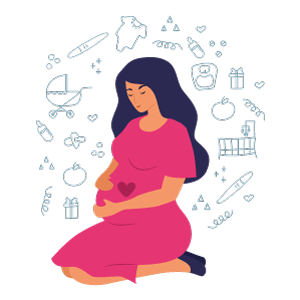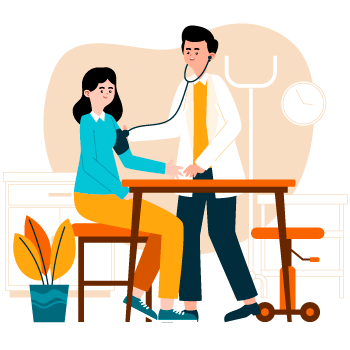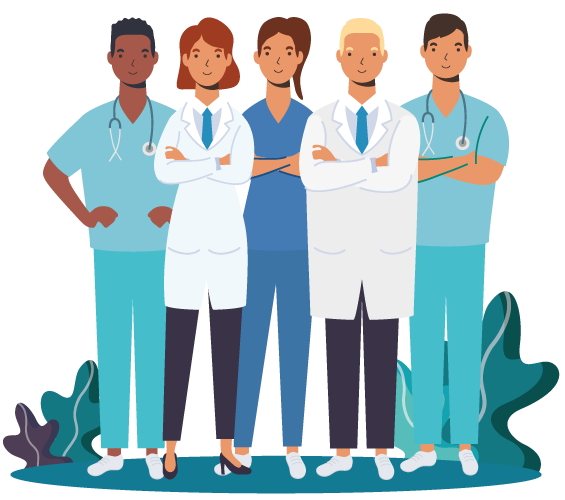
What is Adolescent Care?
Adolescent care refers to healthcare services tailored to meet the unique needs of teenagers, typically between the ages of 12 and 18 years old. It encompasses a range of services aimed at promoting physical, emotional, and social well-being during the transitional period from childhood to adulthood. Adolescent care often includes preventive health measures, education on healthy lifestyle habits, screening for developmental issues, and guidance on reproductive health and sexuality.
Adolescent Physical Checkups
Adolescent physical checkups are routine medical examinations designed to assess the overall health and development of teenagers. These checkups typically include measurements of height, weight, blood pressure, and heart rate, as well as discussions about medical history, lifestyle behaviors, and any concerns or symptoms the adolescent may have. Screening for common adolescent health issues such as acne, menstrual irregularities, mental health disorders, and substance abuse may also be part of the examination.


Treatments Provided by Adolescent Health Specialists
- Physical health:
- Management of chronic illnesses like asthma, diabetes, or epilepsy.
- Treatment of acute illnesses like strep throat or injuries.
- Sports medicine and injury prevention.
- Addressing growth and development concerns, including puberty-related issues.
- Mental and emotional health:
- Screening and treatment for mental health conditions like anxiety, depression, or eating disorders.
- Counseling and support for emotional challenges like stress, bullying, or peer pressure.
- Sexual and reproductive health:
- Education and guidance on sexual development, contraception options, and healthy relationships.
- Sexually transmitted infection (STI) testing and treatment.
- Gynecological care for young women, including menstrual concerns and pap smears.
- Social well-being:
- Addressing issues like substance abuse, risky behaviors, and social adjustment difficulties.
- Guidance on developing healthy coping mechanisms and life skills.
Adolescent health specialists:
- Collaborate with other healthcare professionals like therapists, nutritionists, or specialists to provide a holistic approach to care.
- Promote preventive care by encouraging healthy habits like balanced diet, regular exercise, and adequate sleep.
- Partner with adolescents and their families to create a supportive environment for healthy development.

FAQs
2. Common Health Issues in Teenagers
Teenagers can face a variety of health issues, both physical and emotional:
- Physical: Acne, growth issues, chronic illnesses, injuries.
- Mental/emotional: Anxiety, depression, eating disorders, substance abuse, self-esteem.
- Sexual/reproductive: STIs, menstrual issues, sexual development questions.
- Social: Bullying, peer pressure, social anxiety, relationship difficulties.
3. What Happens When a Girl Has Her Period?
During menstruation, the lining of the uterus (endometrium) sheds as the body prepares for a potential pregnancy. This shedding causes bleeding, which typically lasts 3-7 days.
Symptoms: Cramps, bloating, mood swings, and fatigue can occur before or during menstruation.
4. Average Age for Puberty in Girls.
The average age for girls to begin puberty is around 10-14 years old, but there can be variations. Puberty involves physical changes like breast development, growth spurts, and the onset of menstruation.
